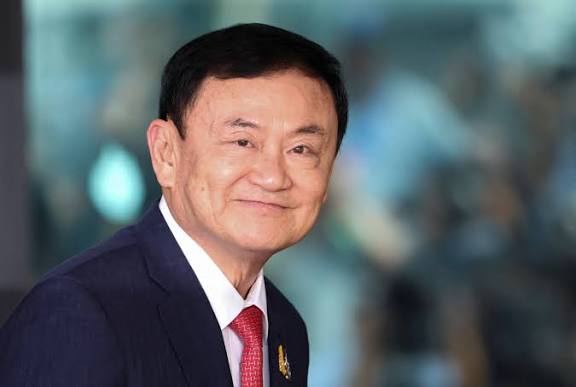The return and swift re-imprisonment of former Thai Prime Minister Thaksin Shinawatra has ignited a new wave of political drama in a nation long accustomed to turbulent power struggles. Thaksin, a billionaire tycoon who reshaped Thailand’s political landscape, arrived back in his homeland in August 2023 after 15 years of self-imposed exile, only to be immediately sentenced to eight years in prison on corruption charges stemming from his 2001-2006 premiership. This marked a dramatic return for a figure who has dominated Thai politics for over two decades, even in absentia, and whose family has produced six prime ministers, each facing removal by either coup or court order. While a royal pardon later commuted his sentence to one year, Thaksin’s brief stint in prison was followed by a six-month hospital stay, ostensibly for heart-related ailments, before being granted parole. This hospitalization, however, became the subject of intense scrutiny, ultimately leading to his return to prison.
The Supreme Court’s decision to revoke Thaksin’s extended hospital stay and order his return to prison hinges on the finding that his medical issues were not severe enough to warrant such prolonged hospitalization. The court concluded that Thaksin, with the collusion of his doctors, had manipulated the system to avoid serving his time behind bars. Minor surgeries, the court argued, were performed to artificially extend his time outside prison, and his chronic condition could have been easily managed as an outpatient. This ruling adds another layer of complexity to Thaksin’s already convoluted legal battles and underscores the deep-seated divisions within Thai society that he embodies. His re-incarceration comes at a particularly sensitive time, just days after the collapse of the government led by his daughter, Paetongtarn Shinawatra, further destabilizing the already precarious political landscape.
The imagery of Thaksin being escorted back to prison, broadcast across the nation, resonated deeply with the Thai public, marking another pivotal moment in the Shinawatra family saga. Despite this setback, Thaksin, in a statement released on social media, maintained an air of defiance and pride, emphasizing his commitment to the betterment of Thailand and its people. While acknowledging the loss of his physical freedom, he declared his “freedom of thought” to continue working for the country’s benefit, highlighting his past achievements in improving living standards and transforming the political sphere. This unwavering self-belief, characteristic of Thaksin’s persona, continues to resonate with his loyal base of supporters, even as his critics see it as further evidence of his disregard for the rule of law.
Paetongtarn Shinawatra, Thaksin’s daughter and the recently ousted prime minister, expressed her family’s concern and distress over the court’s decision. Her visible emotion underscored the personal toll of the ongoing political turmoil on the Shinawatra family. Even Anutin Charnvirakul, the incoming prime minister and a former member of Thaksin’s party, expressed sympathy for the former leader, acknowledging his past service to the country. These expressions of sympathy, however, highlight the complex web of political alliances and rivalries that characterize Thai politics. Despite the personal sentiments expressed, the political ramifications of Thaksin’s imprisonment are likely to continue reverberating through the country’s power structures.
Thaksin’s legacy remains a source of profound division within Thailand. His rise from police officer to telecom magnate to prime minister was fueled by his populist policies, which resonated deeply with rural and working-class voters. Cash handouts, healthcare reforms, and farm subsidies endeared him to a significant portion of the population, who saw him as a champion of their interests. However, these same policies, along with accusations of corruption and authoritarian tendencies, alienated Thailand’s conservative elite, including the military and judiciary, leading to the 2006 coup that ousted him from power. This deep-seated polarization continues to shape Thai politics, with Thaksin’s supporters viewing him as a victim of political persecution and his detractors seeing him as a corrupt manipulator of the system.
Thaksin’s imprisonment marks a historic moment in Thai politics. He is the first former Thai prime minister to be jailed, and the implications of this event are still unfolding. Whether this signals the definitive end of his political influence or merely another chapter in his tumultuous career remains to be seen. The ongoing political instability, the deep societal divisions, and the complex interplay of power within Thailand suggest that the Shinawatra saga, and its impact on the nation’s future, is far from over. The coming months and years will reveal whether this imprisonment will finally diminish Thaksin’s influence or, paradoxically, further fuel the political passions that have kept him at the center of Thailand’s political narrative for so long.


